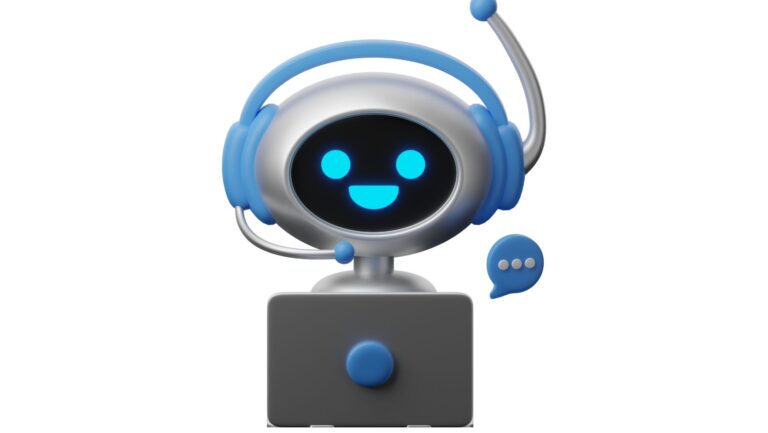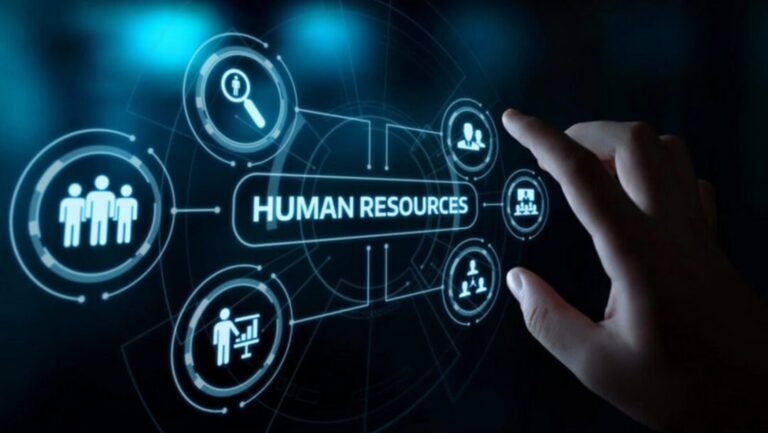Chatbots based on AI have transformed the way businesses communicate with their clients. Nevertheless, what lies ahead for a technology advancing at such a breakneck speed? Will these AI chatbots still provide better user experiences in the future, or will they be overrated and of little use? This leads us to analyze future trends and predictions regarding AI chatbots.
Personalization at Its Peak
One of the most anticipated trends in AI chatbot development is hyper-personalization. Chatbots are becoming more adept at understanding and predicting user needs, which means conversations will feel more natural and tailored. For instance, EDEN AI has pioneered creating intimate chatbot experiences that cater to individual preferences and emotions, enhancing user satisfaction.
Integration with IoT Devices
With the continuous growth of the Internet of Things (IoT), it will be easy to incorporate AI chatbots into all smart devices. Think about a chatbot that organizes your calendar, operates shopping lists, and follows indicators through portable gadgets.
Such an integrated environment will enhance our daily activities by ensuring they are done effectively and conveniently.
Advanced Natural Language Processing (NLP)
AI chatbots heavily rely on Natural Language Processing (NLP). In the future, NLP will be advanced enough that chatbots can better follow context, feel, and detect subtle human language cues than they do today. As a result of these developments, there will be less miscommunication in communication, enhancing customer interaction. Improved NLP will allow chatbots to understand regional dialects, slang, and emotional undertones, making interactions more human-like and empathetic. Businesses will benefit from these enhancements through higher customer satisfaction and more efficient problem resolution.
AI Chatbots in Healthcare
The healthcare industry will likely experience massive changes through AI chatbots. The chatbots will help book appointments, give medical information, and sometimes even diagnose based on given symptoms. This would make doctors’ services available in their various locations and thus easier to access. Additionally, chatbots can provide continuous monitoring and follow-up care for chronic disease patients, ensuring timely interventions and reducing the burden on healthcare professionals.

This technological shift could lead to a more proactive and preventive approach in healthcare, ultimately improving patient outcomes.
Enhanced Security and Privacy
Given the rising concerns about data security, future AI chatbots will use improved encryption and security measures to protect user information. It will be essential to ensure that chatbots are confidential since they deal with all kinds of personal information, ranging from financial transactions to details like peoples’ names and addresses. In return, users will have more excellent knowledge and authority about what happens with their data.
Conclusion
The prospect of AI chatbots in the coming years is very high. Chatbots offer hyper-personalized interactions, seamless connection with IoT devices, and advanced natural language processing in healthcare, among other sectors, and they will be precious in our daily activities. Even though safety and confidentiality are still important today, we can be sure that we are moving towards a more reliable and faster digital era. Taking advantage of these developments may benefit companies and people, enhancing effectiveness and experience.




